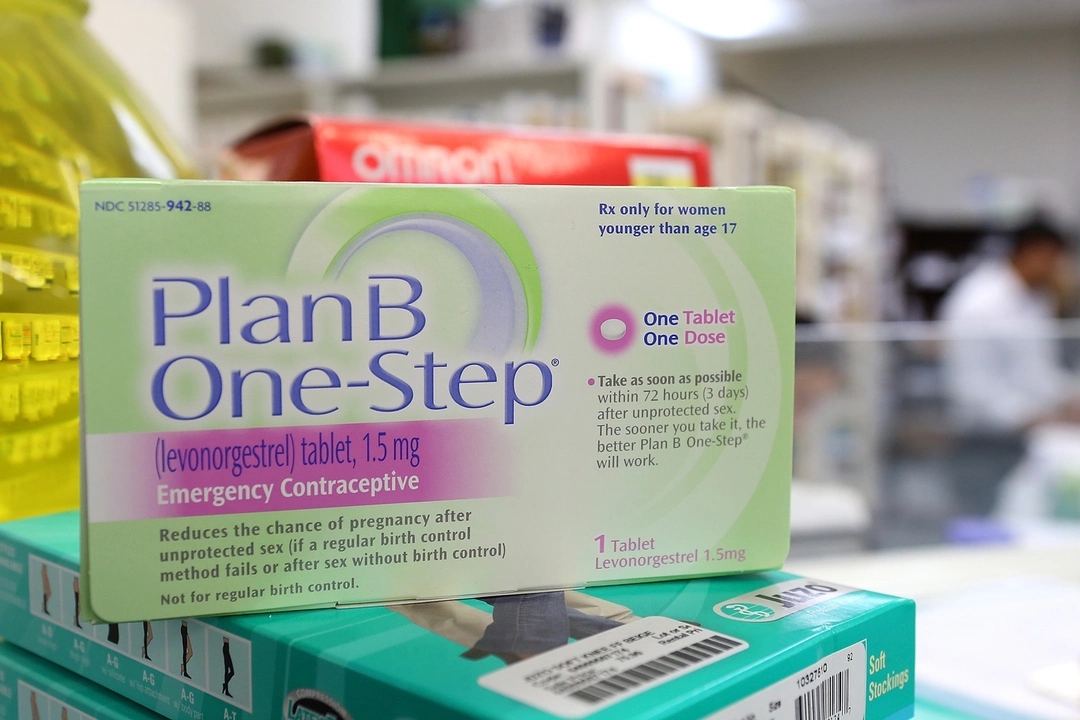Emergency Contraception: What It Is and How It Works
If you’ve had unprotected sex or a birth‑control mishap, emergency contraception (EC) can stop an unwanted pregnancy. It’s not an abortion; it works before a fertilized egg implants. The sooner you take it, the better the chance of success.
Two Main Types of EC
The first type is the morning‑after pill. Over‑the‑counter brands like Plan B contain levonorgestrel and work best within 72 hours. A prescription version called Ella (ulipristal acetate) works up to five days and stays effective longer.
The second type is a copper IUD. It can be inserted by a healthcare provider within five days of intercourse and provides over ten years of birth control. The copper creates an environment that’s hostile to sperm, preventing fertilization.
How Fast Should You Act?
Timing matters a lot. Levonorgestrel pills lose effectiveness after the first three days, while ulipristal keeps its power for up to 120 hours. The copper IUD doesn’t have a strict time limit beyond five days, but getting it in sooner reduces any chance of pregnancy.
If you’re unsure which option fits you, consider these quick checks: Do you need something you can grab at a pharmacy right now? Then the morning‑after pill is handy. Can you see a doctor within a few days and want long‑term protection? The copper IUD might be your best bet.
Most pharmacies sell levonorgestrel pills without a prescription, but ulipristal often needs one. Some online pharmacies also deliver both types safely; just make sure the site is reputable and requires a valid prescription for ulipristal.
Side effects are usually mild—headache, nausea, or spotting. If you vomit within two hours of taking a pill, get another dose because it might not have been absorbed. The copper IUD can cause cramping after insertion, but that settles in a week or so.
Remember, EC doesn’t protect against STIs. Using condoms alongside any emergency method keeps you safe from infections.
Bottom line: Emergency contraception is a fast‑acting safety net when birth control fails. Choose the pill if you need something quick and easy; pick the copper IUD for longer protection and higher effectiveness. Act fast, follow up with your regular contraceptive plan, and you’ll stay in control of your reproductive health.
The Ethical Debate Surrounding Levonorgestrel BP and Emergency Contraception
In recent times, there has been a growing ethical debate surrounding Levonorgestrel BP and its use in emergency contraception. As a blogger, I have observed that some people argue it prevents unwanted pregnancies, thus reducing the number of abortions. On the other hand, critics say it infringes on the sanctity of life as it may prevent a fertilized egg from implanting in the uterus. This debate often boils down to personal beliefs and values, and it's essential to respect differing opinions while promoting open discussion. I believe it's crucial to continue educating ourselves and engaging in respectful conversation to understand and navigate the ethical implications of emergency contraception better.
read more

